A test tube baby, also known as an in vitro fertilization (IVF) baby, is a term used to describe a baby that is conceived outside the woman's body. This medical procedure involves the fertilization of an egg with sperm in a laboratory dish, hence the name "test tube baby." The fertilized egg, or embryo, is then implanted into the woman's uterus to develop and grow into a baby.
The concept of test tube babies was first introduced in the late 1970s and has since revolutionized the field of reproductive medicine. IVF has helped millions of couples worldwide who struggle with infertility to conceive and have children. This groundbreaking technique has given hope to those who were previously unable to have biological children.
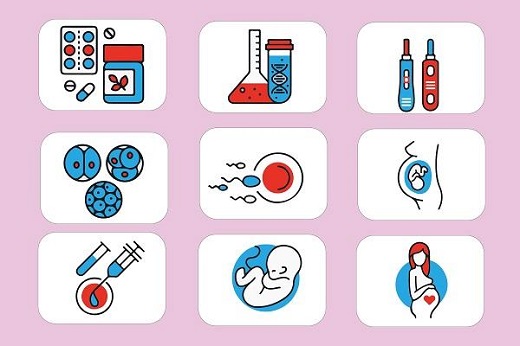
The process of creating a test tube baby involves several steps. First, the woman undergoes hormonal stimulation to produce multiple eggs. These eggs are then retrieved from her ovaries using a minimally invasive procedure called follicular aspiration. Meanwhile, the man provides a semen sample, which is processed to obtain the healthiest and most active sperm.
In the laboratory, the eggs and sperm are combined in a petri dish, where fertilization occurs. The fertilized eggs are then monitored for several days to ensure their development into viable embryos. The healthiest and most promising embryos are selected for transfer to the woman's uterus.
The embryo transfer is a relatively simple procedure that involves placing the selected embryos into the woman's uterus using a thin catheter. This step is usually painless and does not require anesthesia. After the transfer, the woman may be advised to take hormonal medications to support the implantation and development of the embryo.
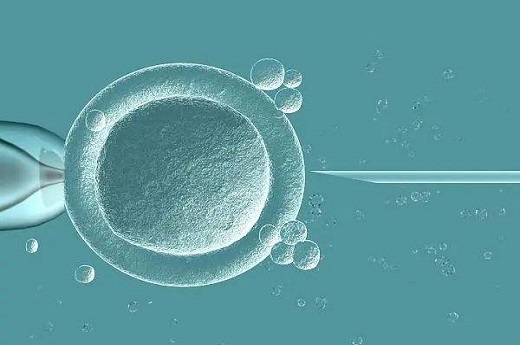
The success rates of IVF vary depending on various factors, such as the age of the woman, the quality of the eggs and sperm, and the expertise of the fertility clinic. On average, the success rate for IVF is around 30-40% per cycle. However, with advancements in technology and techniques, the success rates have been steadily improving over the years.
Despite its success, IVF is not without risks and challenges. The hormonal stimulation can sometimes lead to side effects such as mood swings, bloating, and discomfort. There is also a risk of multiple pregnancies, which can increase the chances of complications for both the mother and the babies. Additionally, IVF can be emotionally and financially draining, as it often requires multiple attempts before achieving a successful pregnancy.
Test tube babies have not only helped infertile couples, but they have also opened up possibilities for same-sex couples and single individuals to have biological children. The ability to conceive outside the woman's body has given people more control over their reproductive choices and has challenged traditional notions of family and parenthood.
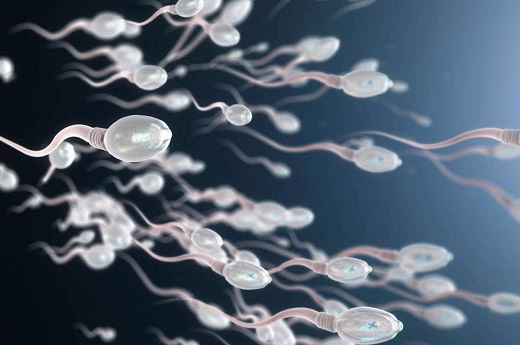
In conclusion, test tube babies, or IVF babies, have revolutionized the field of reproductive medicine. This medical procedure has provided hope and opportunities for millions of couples struggling with infertility to conceive and have children. While IVF comes with its own set of challenges and risks, the advancements in technology and techniques continue to improve the success rates and offer new possibilities for individuals and couples seeking to start a family.
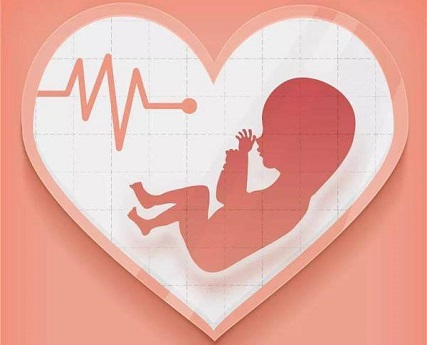
试管婴儿技术是一种辅助生殖技术,通过将受精卵在体外培养至一定发育阶段后再植入母体,帮助那些因各种原因无法自然怀孕的夫妇实现生育愿望。试管婴儿并非一项简单的过程,夫妇在决定进行试管婴儿前应该注意以下几点: 1.了解试管婴儿的过程和风险 试管婴儿是一项复杂的过程,
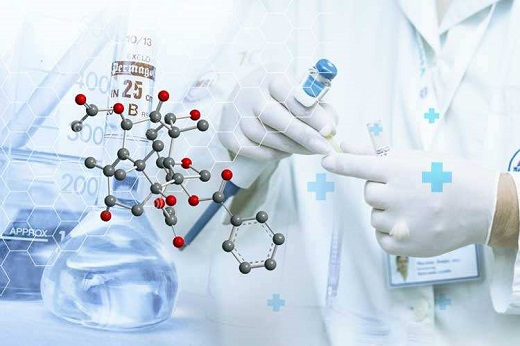
试管婴儿是通过体外受精(IVF)或其他辅助生殖技术在实验室中受精和培养胚胎,然后将胚胎植入母体子宫中发育而成的。试管婴儿孕期的计算方式与自然受孕孕期的计算方式有所不同。在试管婴儿领域,孕期的计算从胚胎移植的日期开始。下面我们将详细介绍试管婴儿孕期的计算和相关注意
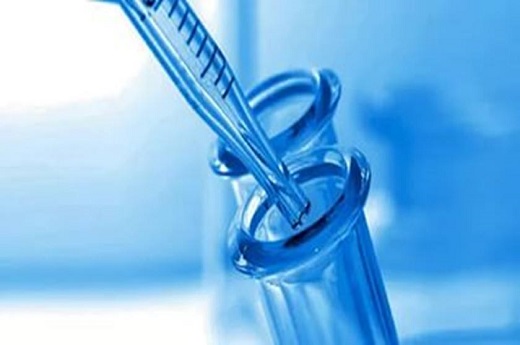
试管婴儿的补品需求 试管婴儿是指通过辅助生殖技术在体外培养受精卵后再将其移植到母体子宫内的婴儿。由于试管婴儿的受孕过程与自然受孕有所不同,因此在孕期中,试管婴儿的营养需求可能会有所不同。为了确保试管婴儿的健康发育,补充适当的营养补品是非常重要的。以下是一些
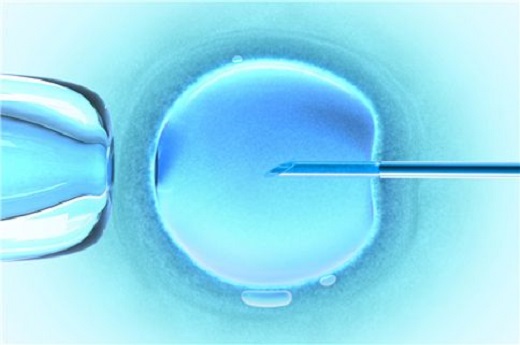
试管婴儿是一种辅助生殖技术,通过将jz和卵子在体外受精,然后将受精卵移植到女性子宫内,帮助那些无法自然怀孕的夫妇实现生育梦想。试管婴儿并不总是成功的,有时会发生试管婴儿失败的情况。试管婴儿失败意味着怀孕未能成功或妊娠未能维持,这对夫妇来说是一次沉重的打击。
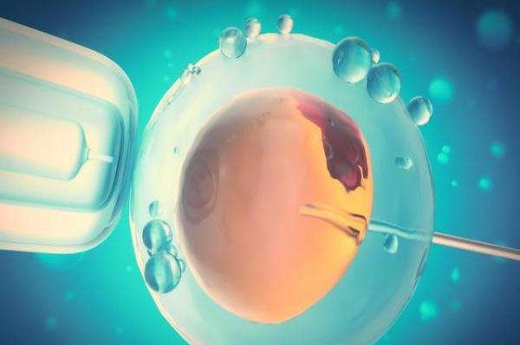
试管婴儿移植是一种辅助生殖技术,它通过体外受精和胚胎培养,将高质量的胚胎移植到女性子宫内,以提高怀孕的成功率。在进行试管婴儿移植前,需要进行一系列的检查,以确保女性身体状况良好,提高移植成功率。 1. 妇科检查 妇科检查是试管婴儿移植前必须进行的检查之一。该检
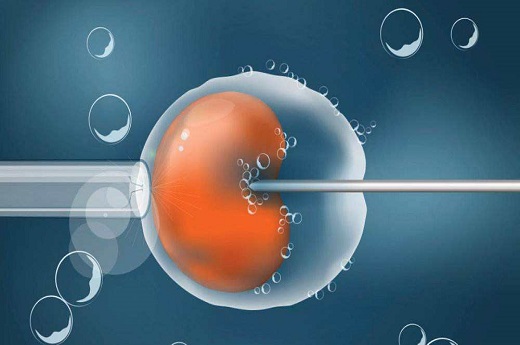
试管婴儿是指通过体外受精技术在实验室中受精并培养成胚胎,然后将胚胎移植到母体子宫内发育的婴儿。在试管婴儿的早期发育阶段,饮食对其健康和发育至关重要。虽然水果是健康饮食的重要组成部分,但并非所有水果都适合试管婴儿食用。以下是试管婴儿不宜食用的水果。 1. 柚子
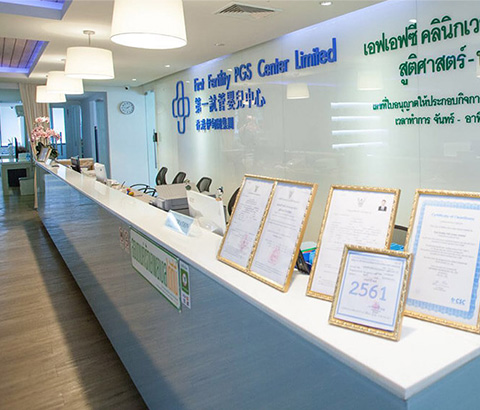
泰国第一试管婴儿中心位于曼谷市中心四季酒店附近,占地1500平方米,是曼谷大型的泰国试管婴儿医院专科诊所之...
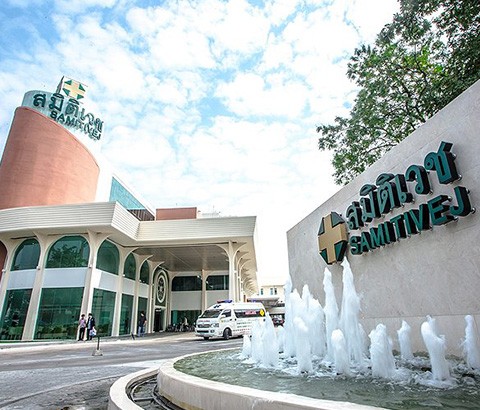
泰国三美泰医院成立于1979年,是泰国同行业中出于领先地位的私立医院集团。其中的总院三美泰素逸坤医院,位于...

泰国威它尼医院是一所在泰国领军的泰国试管婴儿医院,同时面向本地和国际病患。自1994年成立以来,一直提供更...

泰国康民国际医院,泰国试管婴儿医院创立于1980年,2002年首获全亚洲第一个JCI国际医疗认证。位于泰国曼谷的核...